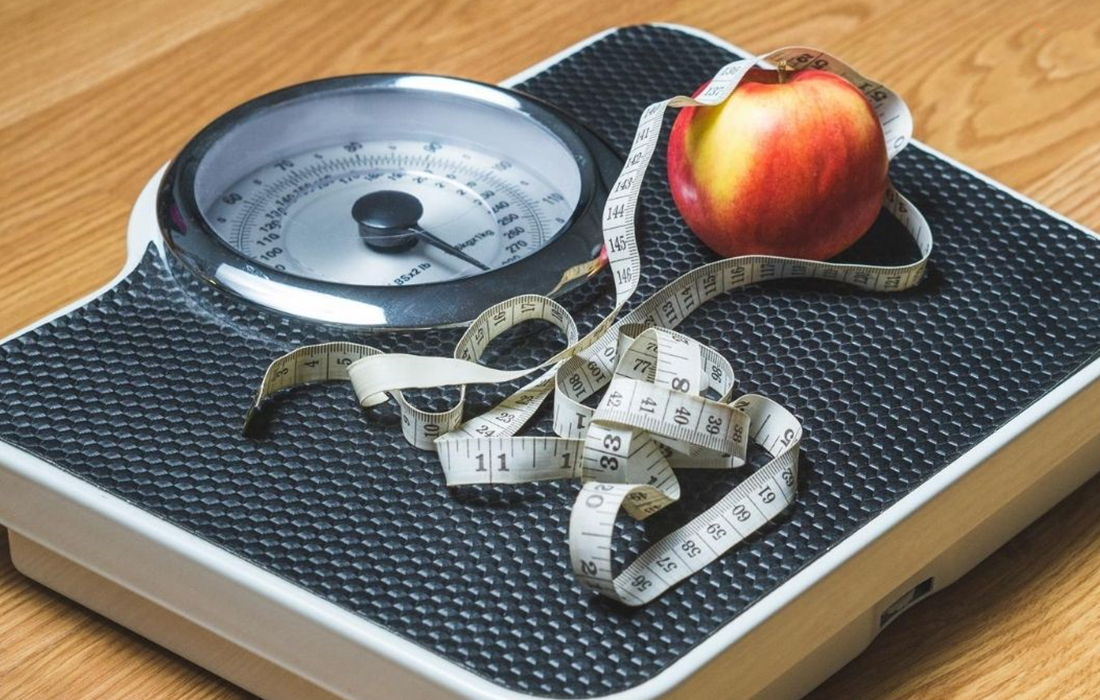Weight loss is one of the greatest challenges faced by many people. The struggle to lose weight is not easy – it requires dedication, focus, and persistence. To achieve long-term success, you need a good reason to start as well as a set goal. By setting weight loss goals, you can overcome the problem of getting off track. Here are some tips on setting realistic weight loss goals.
Set Your Goal Based on What You Want
You need to set your goal based on what you want, not what is going to happen or what someone else wants. If you want to lose 10 pounds, then you should strive hard to achieve it. You are only going to feel motivated and remain focused if you have something that is meaningful to you. Do not let someone else tell you how much weight you should lose. If you would like to gain weight, just remember that an apple a day will keep the doctor away.

Set Goals That Are Specific, Time-Bound and Measurable
You should always set concrete, realistic and measurable goals because these goals can help you reach your most important goals in life. If you have a goal such as “lose 15 pounds by June,” then avoid setting too long personal goals because if you cannot handle much stress, then it will be hard for you to achieve your weight loss goals.
You should also set goals that are time-bound to give yourself a clear aim. You should start your weight loss program with a deadline and make sure that you are going to stick with it in order to meet your goals.
When deciding on a weight loss goal, make sure it’s specific – clearly define what you mean when you say “lose weight” or “get in shape” and make sure they can be measured. A vague goal like “lose some weight” is not enough. By doing so, you will not be able to measure your progress and make adjustments to your plan.

